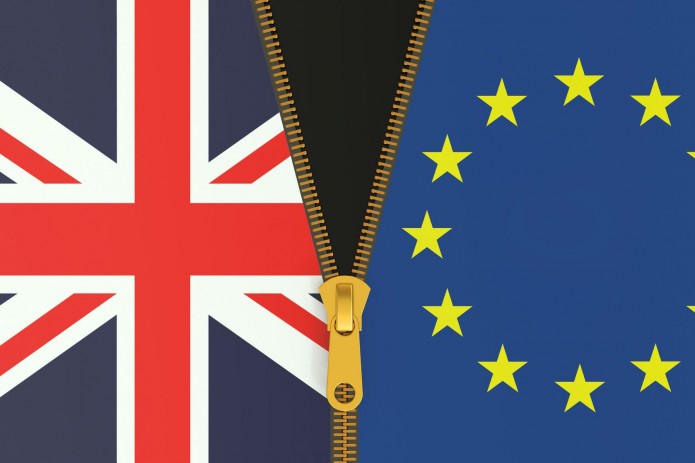In a decision that is sending shockwaves across world markets, Britain has chosen to leave the EU in a historic vote, which will have lasting ramifications. As the country begins to process the surprising results, prudent employers would do well to understand what happened, what happens next, and how they can prepare.
What Happened?
The official results were announced Friday morning and, while it was a close race, in the end Britain backed Brexit. Despite bad weather and floods causing travel disruptions, voter turnout was high—72.2 per cent of eligible voters cast their ballot in Thursday’s referendum, which amounts to about 33.5 million votes.
Referendum results paint a picture of a strongly polarised country. The official results are Remain 48 per cent, Leave 52 per cent. Remain areas came in more strongly than expected, and the same is true for Leave, according to Guardian results. As expected, Scotland and London voted overwhelmingly for Remain. But, outside the capital, every English region had a majority for Leave.
Adding to the uncertainty Friday morning, David Cameron announced that he would resign as Prime Minister by October, stressing that he would do everything he could to ‘steady the ship’ over the next several months but that ‘fresh leadership’ was needed, according to the BBC.
Cameron’s announcement helped momentarily calm turbulent markets and halt a rapidly plunging pound. However, the change in leadership will not be a cure-all, and Bank of England (BoE) Governor Mark Carney cautioned that ‘inevitably, there will be a period of uncertainty and adjustment following this result’. Carney was careful to stress that UK banks are more resilient since the 2008 financial crisis, and that the BoE will implement contingency plans. Carney pledged to make £250 billion available to banks to help steady volatile post-Brexit markets. And, for good reason, since the FTSE 100 fell 8 per cent, losing £100 billion in the process, and the pound dipped to a 31-year low, according to Reuters. As banks grapple with chaotic markets and a weak, but recovering pound, uncertainty will be the norm for now.
What Happens Next?
A period of uncertainty is inevitable after such a historic, unprecedented vote, but Britain will not immediately leave the EU. It could take a minimum of two years to negotiate the complex withdrawal process. During that time, Britain will slowly disentangle itself from the EU and renegotiate its economic agreements. Employment law also hangs in the balance, as Britain will now have to decide which EU laws from the last 43 years to amend or ditch.
Cameron is leaving it to his successor to instigate Article 50 of the Lisbon Treaty, which is the formal mechanism for leaving the EU. But, the rules in Article 50 are brief and no country has ever used them before, so the process is unclear at the moment.
How Can I Prepare My Businesses?
Britain has much to figure out in its post-Brexit reality, but will remain an economic powerhouse despite momentary market fluctuation. While Britain recovers and begins to renegotiate its relationship with the EU, understand how Brexit will affect your business and ask yourself the following questions:
- What aspects of EU membership are most important to my business?
- How much of my business comes from the EU?
- How does Brexit affect my supply chain?
- If we lose freedom of movement within the EU, does that hurt my business?
- Does reduced EU regulation help or hurt me?
- Does Brexit open any opportunities for me?

